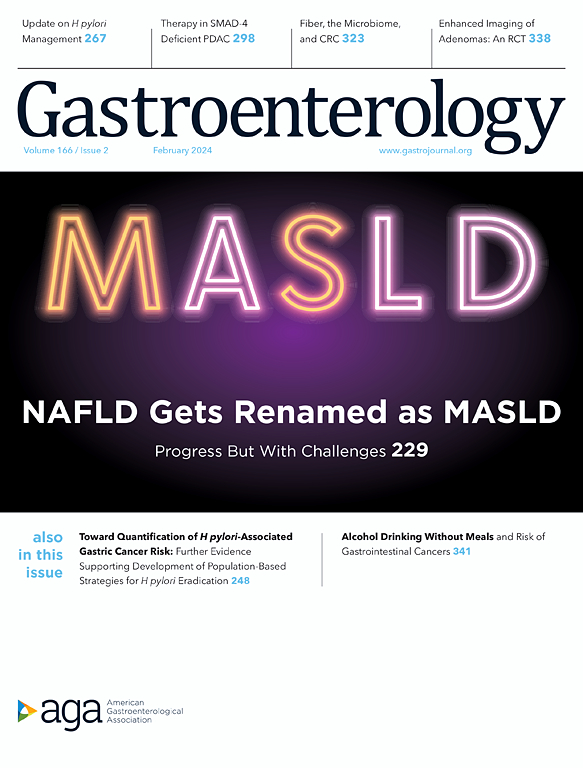Teaching and Assessing Higher-order Cognitive Skills in Fellowship Training
IF 25.7
1区 医学
Q1 GASTROENTEROLOGY & HEPATOLOGY
引用次数: 0
Abstract
Section snippets
Background on Cognitive Skill Measurement
A hierarchical order of cognitive skills widely used as a framework for categorizing education milestones was first described in 1956 by Benjamin Bloom. These cognitive skills were classified by increasing complexity with the most basic being knowledge, followed by comprehension, application, analysis, synthesis, and assessment.1 This was revised in 2021 with the lower order cognitive skills being classified as remember, understand, and higher-order cognitive skills (HOCS) as apply, analyze,Existing Tools, Their Limitations, and Mechanisms for Optimization
Although not necessarily packaged as such, it is valuable to recognize existing teaching practices that already serve as training tools for the development and assessment of HOCS.Simulation and the Incorporation of Artificial Intelligence
The ACGME recommends simulation training as one of the Gastroenterology training program requirements.6 Simulation is beneficial for teaching novice and experienced gastroenterologists who are expanding their skill set in a low-risk environment.39 However, the majority of simulation has focused on development of technical endoscopy skills. Cognitive skills and clinical reasoning can be assessed and developed with simulation through the use of simulated patients and clinical scenarios.23,40,41求助全文
约1分钟内获得全文
求助全文
来源期刊

Gastroenterology
医学-胃肠肝病学
CiteScore
45.60
自引率
2.40%
发文量
4366
审稿时长
26 days
期刊介绍:
Gastroenterology is the most prominent journal in the field of gastrointestinal disease. It is the flagship journal of the American Gastroenterological Association and delivers authoritative coverage of clinical, translational, and basic studies of all aspects of the digestive system, including the liver and pancreas, as well as nutrition.
Some regular features of Gastroenterology include original research studies by leading authorities, comprehensive reviews and perspectives on important topics in adult and pediatric gastroenterology and hepatology. The journal also includes features such as editorials, correspondence, and commentaries, as well as special sections like "Mentoring, Education and Training Corner," "Diversity, Equity and Inclusion in GI," "Gastro Digest," "Gastro Curbside Consult," and "Gastro Grand Rounds."
Gastroenterology also provides digital media materials such as videos and "GI Rapid Reel" animations. It is abstracted and indexed in various databases including Scopus, Biological Abstracts, Current Contents, Embase, Nutrition Abstracts, Chemical Abstracts, Current Awareness in Biological Sciences, PubMed/Medline, and the Science Citation Index.
 求助内容:
求助内容: 应助结果提醒方式:
应助结果提醒方式:


